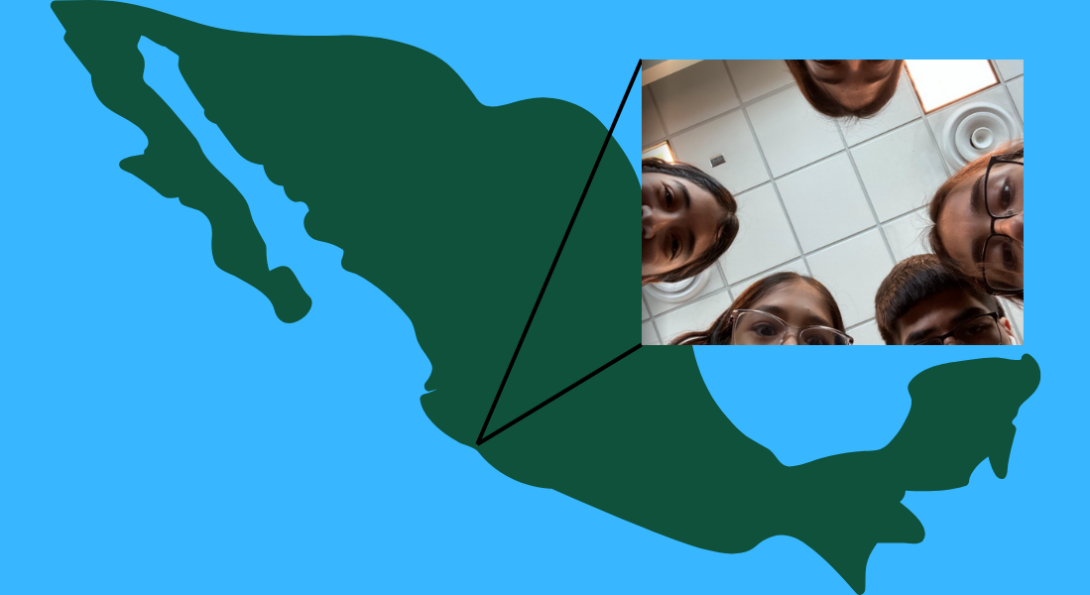4 December 2024 – Zaira: Linguistics, Spanish, and Learning about Language

Linguistics, Spanish, and Learning about Language
On a recent trip to Mexico this past summer my siblings and I visited our family in Michoacan. In a way I was a little worried for my little sister and my brother given that it would be their first time visiting. If you are not a native from a particular place you are more likely to stand out, and given that we were going to the little ranch my parents were from, it was guaranteed my sister and brother were going to stand out to the community living there. What concerned me the most was the way they would talk Spanish. I was scared that if they got stuck on a word, didn’t know what a term was, or didn’t know how to approach someone, that they would get picked on. My siblings eventually picked up the dialect of those around us, and though they had never spoken specific Spanish words before, their vocabulary eventually expanded and they began to speak to me as if they were also locals. I know this knowledge wasn’t known to them but it was learned during their time in Mexico. What my siblings ended up experiencing was an example of linguistic assimilation.
I hadn’t known of the term Linguistics or been introduced to it until I started attending UIC. Linguistics in summary is the study of language. Though this is a short description of what it means, Linguistics is the umbrella of different fields of study of a language or languages. These fields vary from phonology, sociology, morphology, and historical linguistics, just to name a few. Growing up I just always believed people sounded and talked a certain way because it was in their culture and as a matter of fact it is in one’s culture! The way we talk and the things we say always go back to the type of environment that has raised us and the environments that we are most exposed to. Understanding the world around us is key to helping us understand language variation!
Now how does this relate to Spanish? Latin American countries are rich in culture and language. Though the predominant languages are Spanish and Portuguese, it is not strange to walk down 5 blocks while visiting a town in Mexico and suddenly hearing a change in dialect or accent. My parents are from Michoacan and that area of Mexico is known to shorten their words a lot and speak fast. Compared to Michoacan, the capital, Ciudad de México, is said to have people speak with more words but at a slower speed. As mentioned before, this all has to do with the environment surrounding an individual, given that this particular environment is frequently exposed it influences what someone says to the way they sound. Social class and geographical location can also influence the way someone sounds. For example Michoacan is a little more rural than Guadalajara (state where the capital is located), to which people often say that you sound more privileged if you are from Guadalajara than you if you were from Michoacan. You´re classified as “fresa” for being privileged, and “del rancho” for living in more “scrappy” areas.
My twin sisters and I had been to Mexico before, so we had already been exposed to the type of vocabulary that the community uses and the way that they interact with one another. Though my little sister and brother assimilated and changed their Spanish to understand the community, I myself always find myself speaking in a more “Michoacan” accent because I also pick up the way the words sound given that I am more comfortable and familiar with the people living on the ranch. This change in accent changes when I am visiting because of the fact that I pick up on different language patterns that, even after years, are more familiar to me than they are to my siblings. Understanding linguistics and its relationship to particular languages, like Spanish, helps us understand what parts in our environment classify us to specific sociolinguistic groups and why some are talked about differently than others. The study of linguistics is all around us, and it is happening right in front of us everyday without us even noticing. Perhaps if you pay more attention to the way you speak in particular places then maybe you hear the modifications in your dialect, like my little sister and brother, or perhaps you experience a change in accent, like me. Language is diversity and understanding it is key to community unity.